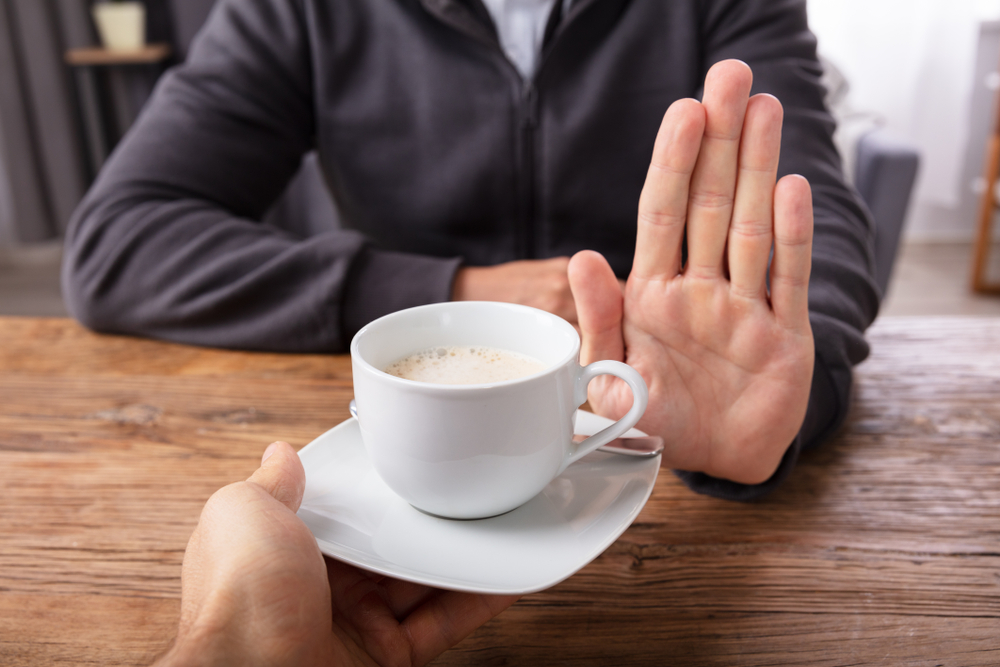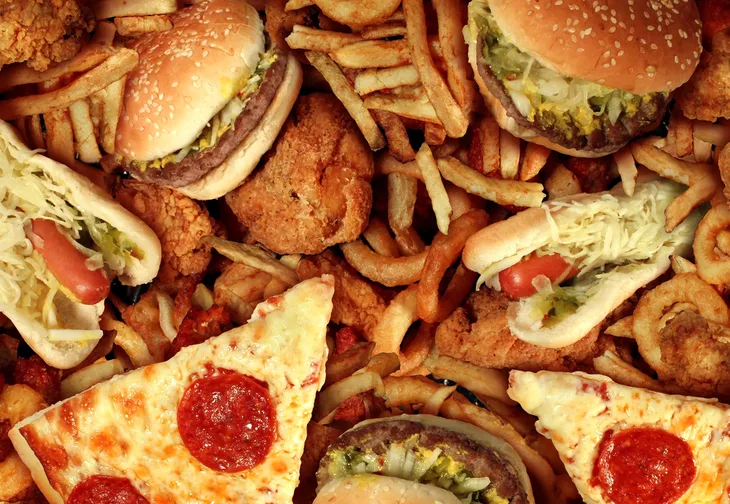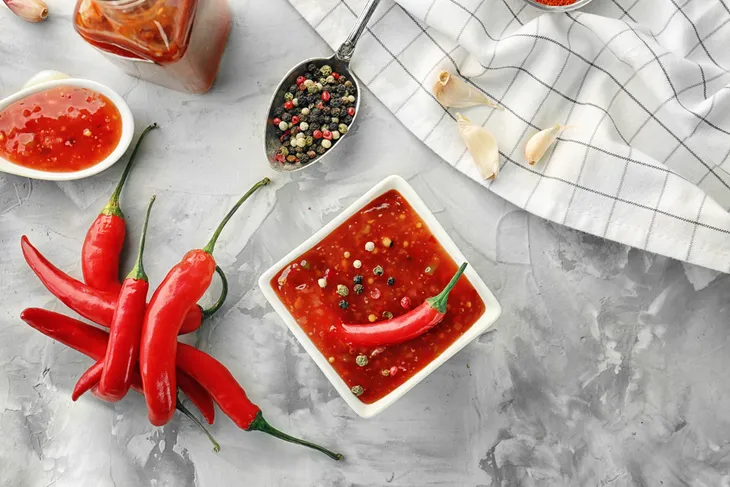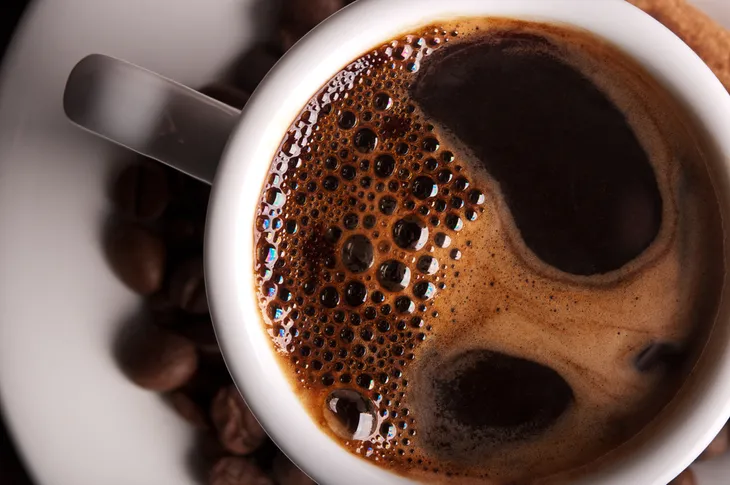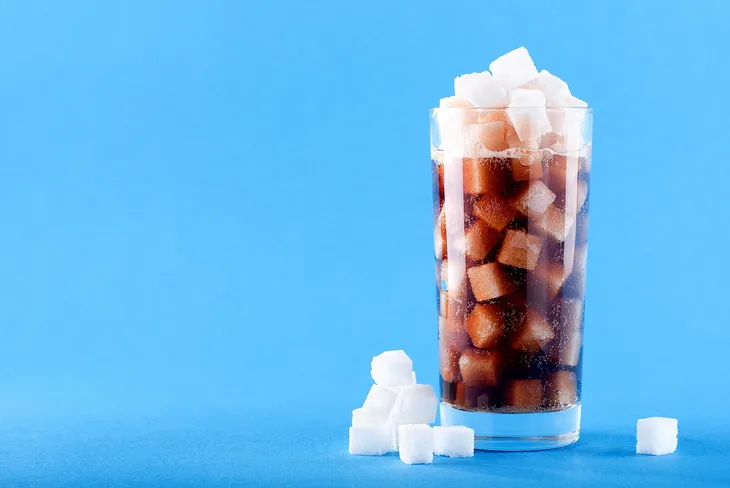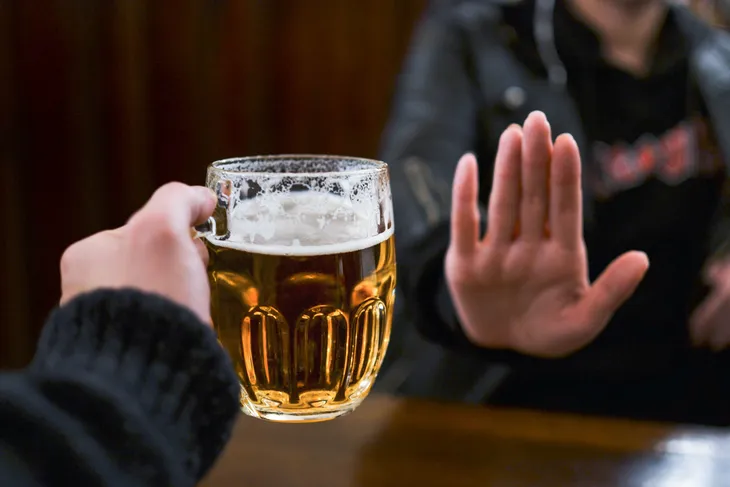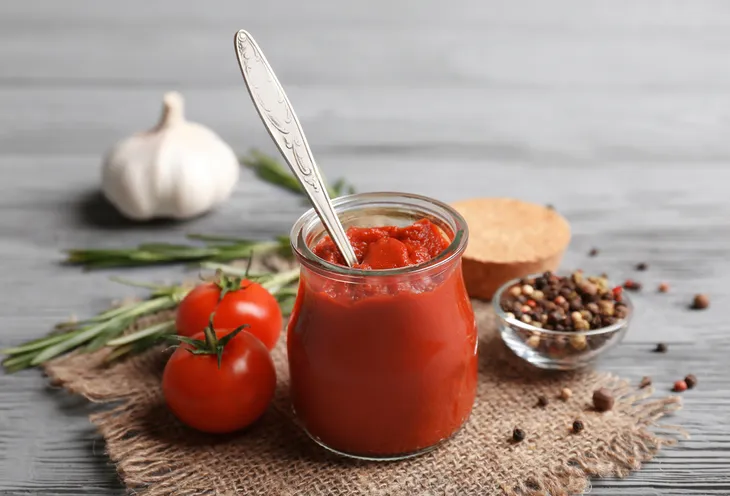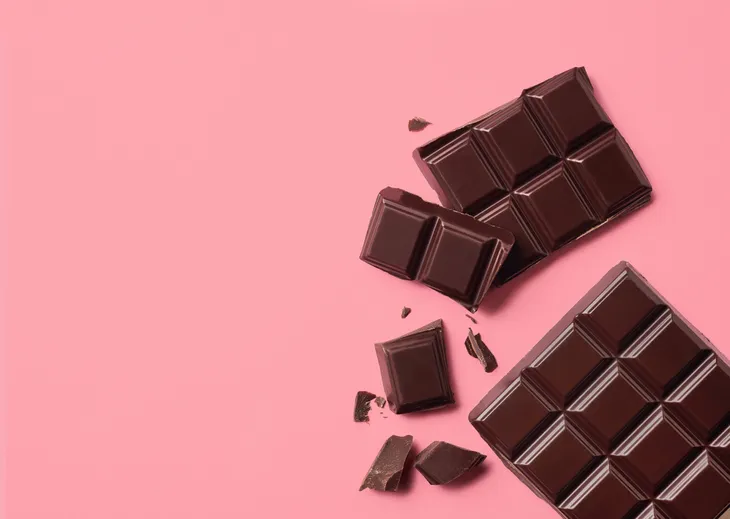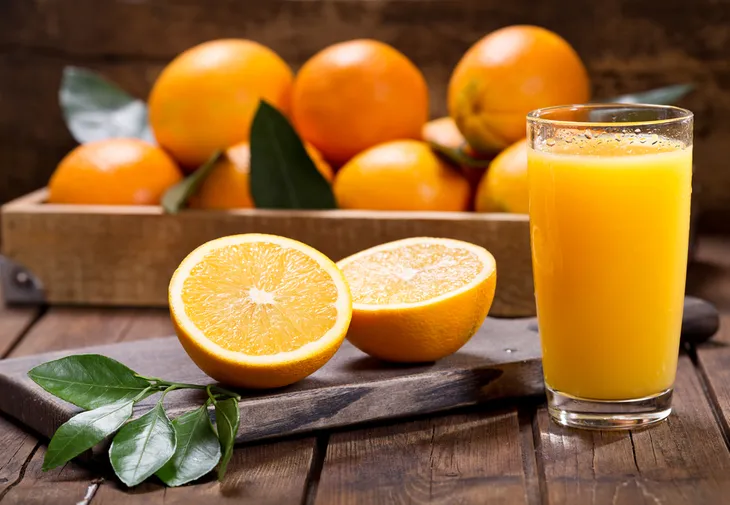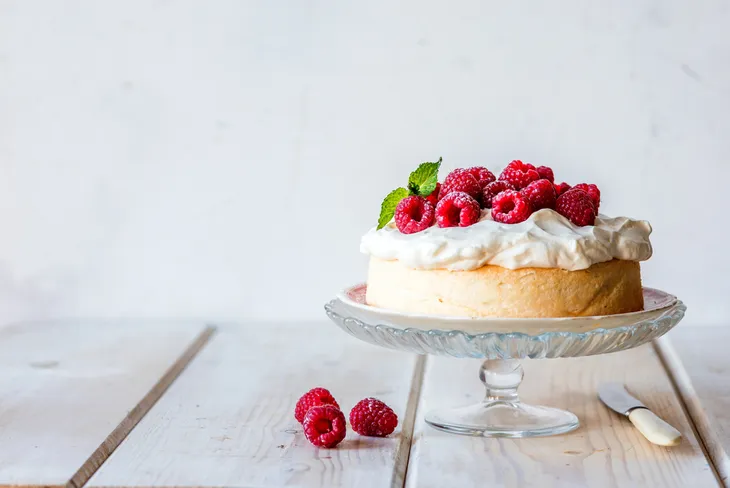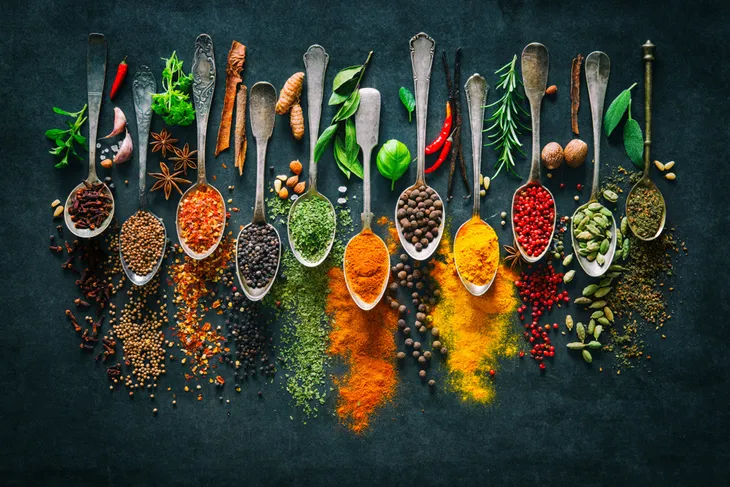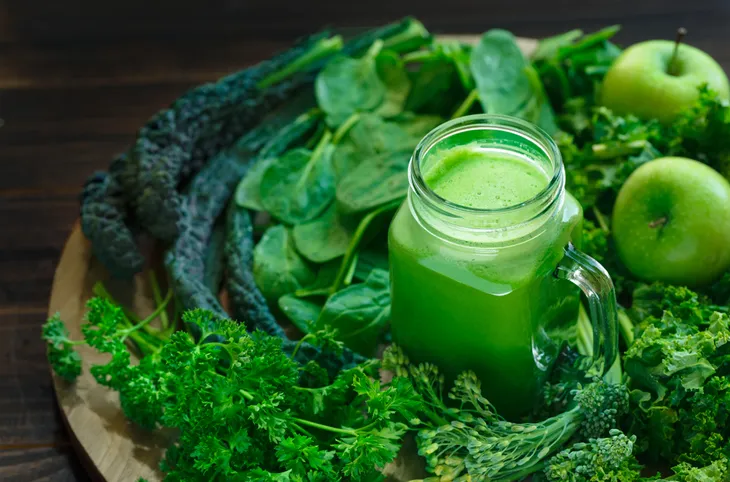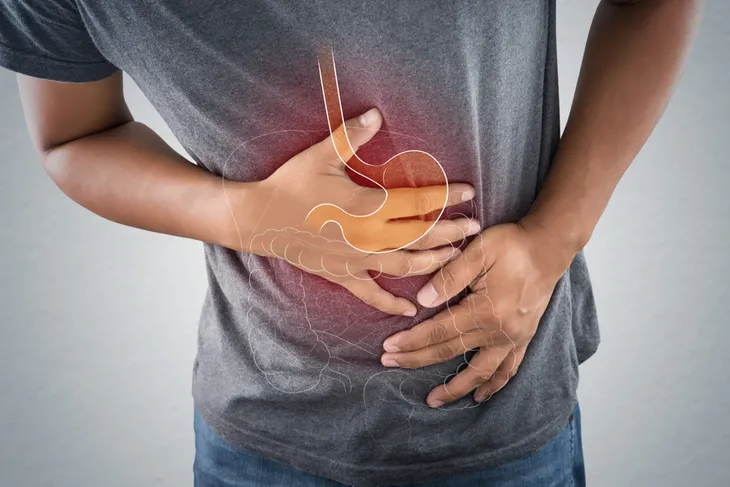Burning stomach pain, intolerance to fatty foods, nausea… the list of stomach ulcer symptoms is as long as it is dreadful. Stomach ulcers, or peptic ulcers, refer to the development of open sores on the upper part of the small intestine or the inside lining of the stomach.
Science may have moved on from the once-held belief that stomach ulcers are caused by stress and poor dietary choices. Only infection caused by H. pylori or long-term use of nonsteroidal anti-inflammatory drugs can be blamed for that. No, a crummy diet may not cause ulcers, but it has been shown to make things decidedly worse.
So, let’s look at the foods you’ll need to avoid if you’re ever going to heal that stomach ulcer.
Fried Foods
You didn’t think that this was going to be easy, did you? Fried foods should be avoided if you’re hoping to recover from a peptic ulcer.
Fried and fatty foods take longer for the stomach to digest, leading to bloating and belly pain, and can aggravate an already stressed-out stomach. To be clear, consuming fried or fatty foods with an ulcer is nowhere near life-threatening. But it may make your symptoms a lot worse.
Spicy Foods
There was a time when the entire world was out to get hot sauce. Well, not really. But blaming spicy food for the development of ulcers was incredibly common. That is no longer believed to be the case. In fact, more and more evidence suggests that spicy food is actually quite healthy.
When it comes to recovering from an ulcer, the jury is still kind of out on that one too. The general rule is, if you like spicy food, try eating them and see how your ulcer feels afterward. If your symptoms flare up, then you should probably take a break from it while you heal.
Coffee
Think battling through the persistent pain of a stomach ulcer is rough? Try doing it without coffee. The super-popular caffeinated beverage is a daily staple for much of modern America. Sadly, consuming it stimulates your stomach’s gastric acid secretion which may worsen symptoms associated with stomach ulcers.
To be fair to Starbucks, the jury is still sort of out on whether you should avoid coffee while healing an ulcer. Much like spicy food before it, it’s best to consume your regular amount of coffee, monitor its effect on your symptoms, and act accordingly.
Carbonated Beverages
When it comes to stomach ulcers, carbonated beverages and spicy food share a similar history. Both have been blamed for causing stomach ulcers in the past, and both have since been exonerated by modern science.
Even if carbonated beverages don’t cause ulcers, they can still aggravate your ulcer. But, if we’re being honest, drinking less soda isn’t necessarily a bad thing. Most of the stuff is loaded with sugar, preservatives, and a whole mess of other unhealthy ingredients.
Alcohol
Excessive alcohol consumption is a bad time. In the short term, you open yourself up to physical injuries like falls and accidents, risky behaviors, and sometimes violence. Alcohol abuse in the long term leads to a future with high blood pressure, learning trouble, and social problems.
Many believe that excessive drinking can cause stomach ulcers, and the consensus agrees that alcohol should be completely avoided when healing from an ulcer. Drinking alcohol while healing from an ulcer can make it worse and lead to internal bleeding, scarring, and the formation of holes in the stomach wall.
Tomato-Based Products
Tomatoes, and all of the delicious products that contain them, are highly acidic. They certainly aren’t dangerous but eating too many of them may not be the wisest.
All of that extra acid can lead to recurring bouts of heartburn, as well as worsening stomach ulcer symptoms. Avoiding them while you’re healing an ulcer is highly advised.
Chocolate
For all of the good that dark chocolate offers us, it is still highly acidic. Sugar-rich candy bars can cause a lot of discomfort for your stomach too. Avoiding that stuff should be avoided whether you have an ulcer or not.
If you do have an ulcer and just can’t kick off every craving, don’t panic. Pay close attention to your symptoms and, if they worsen, you’ll know to avoid the candy bar next time.
Citrus Fruits and Juices
Acid, acid, and more acid. Citrus fruits and juices are loaded with the stuff and consuming them in excess can cause quite a bit of stomach pain for anyone trying to heal an ulcer. Listen to your body and ease off the lemonade, at least until your stomach starts to feel better.
Desserts
They may be delicious, but cakes, cookies, pies, pastries, doughnuts, creamy candies, and sweets can cause flare-ups in some people. Sometimes it’s the acidity, sometimes it’s the sodium, and sometimes it’s just the way that your stomach digests sweets.
Whatever the cause, if you notice your symptoms flaring up after a slice of a cake, consider skipping the dessert course the next time you go out for dinner.
Seasonings
No two people are alike, and no two peptic ulcers are alike either. Some never experience flare-ups when eating, while others can’t eat a bite or two without discomfort.
Doctors used to recommend a healthy-but-bland diet for anyone hoping to heal their stomach. Those rules have since relaxed, but mindfulness is still encouraged. If you tend to cook at home and notice worsening symptoms whenever you use a particular seasoning or any seasoning, you should probably avoid using it altogether.
What Can You Eat?
We know, we know. That’s a long list of foods to avoid. But it’s not all bad. Some of the foods on this list might not affect your ulcer at all! Either way, it would be careless if we didn’t take some time to zero in on a few ulcer-friendly menu items.
Broccoli, carrots, bell peppers, blueberries, apples, cauliflower, leafy greens, probiotics, plant-based oils, honey, garlic, decaffeinated green tea, and cherries round out the list of stomach-friendly foods. Again, listen to your body and adjust your diet accordingly.
The Takeaway
We didn’t mean to scare you but healing your ulcer and avoiding painful flare-ups is important. It’s also important to understand that no two patients are alike and applying dietary generalizations to medical conditions can be dangerous.
If you are at all concerned about how your diet is affecting your ulcer, connect with your physician. They can run tests, track your healing progress, and prescribe the appropriate medications. Most of all, they can ease your mind and your stomach ulcer symptoms.
